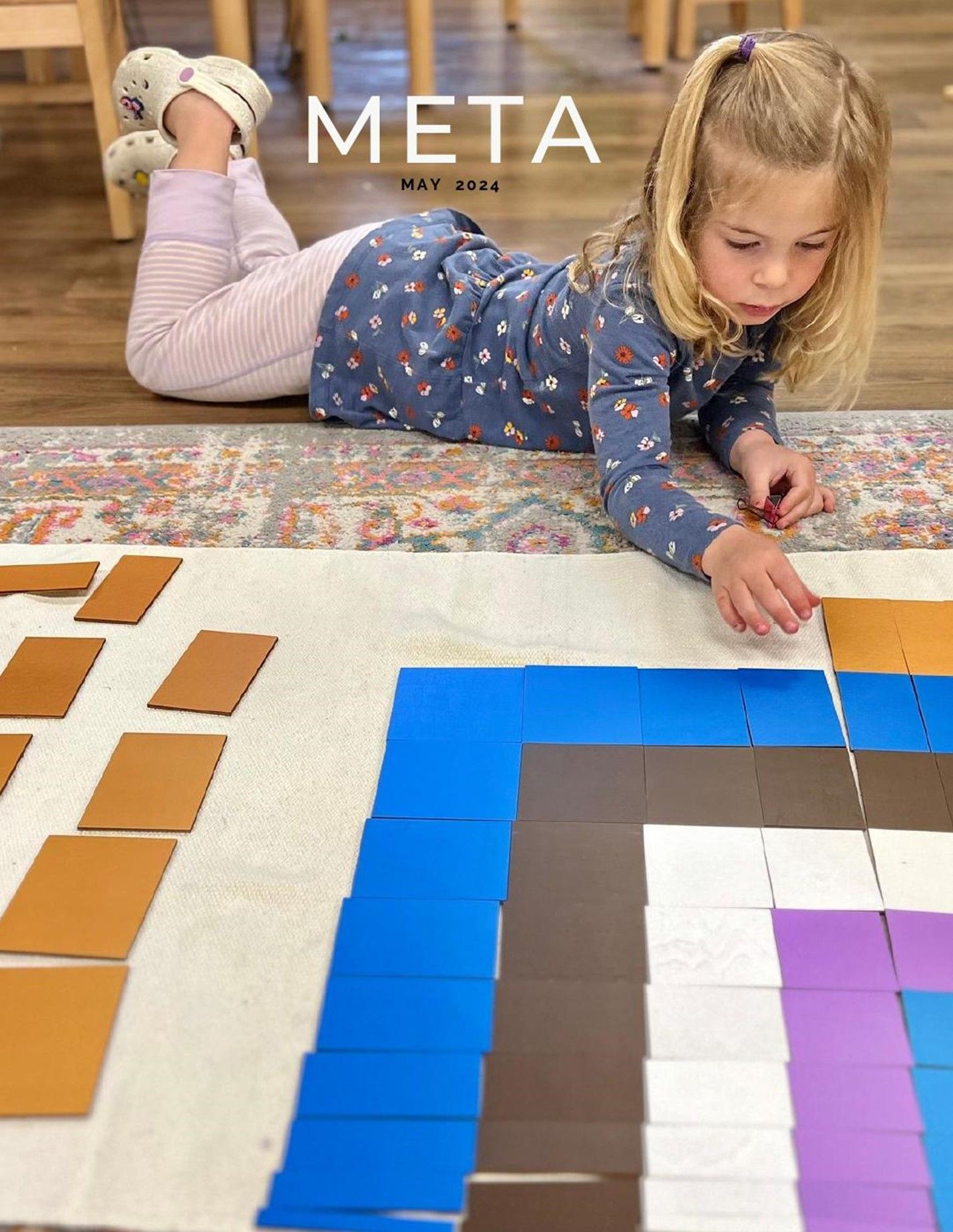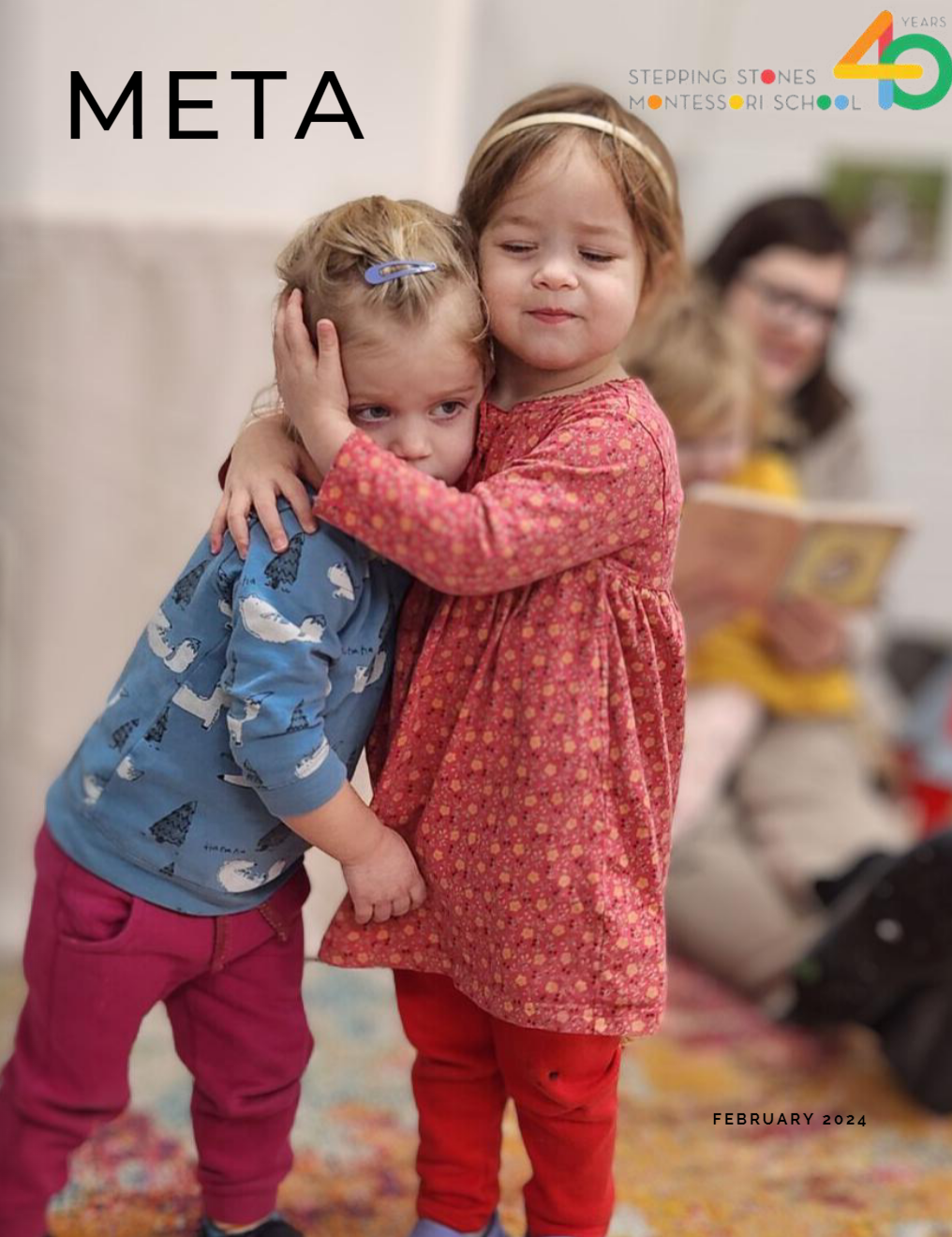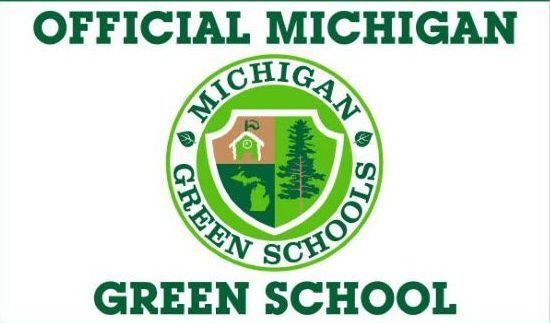"Why Am I Learning This?"
I remember asking this question often as a middle schooler in a traditional educational environment, where learning knowledge from a textbook occurred largely apart from any application. Adolescents are eager to understand how what they are learning applies to real world situations. This developmental tendency can make purely abstract learning a frustrating, boring experience. That's why Montessori middle schools try to develop curriculum around real world problems to the greatest extent possible.
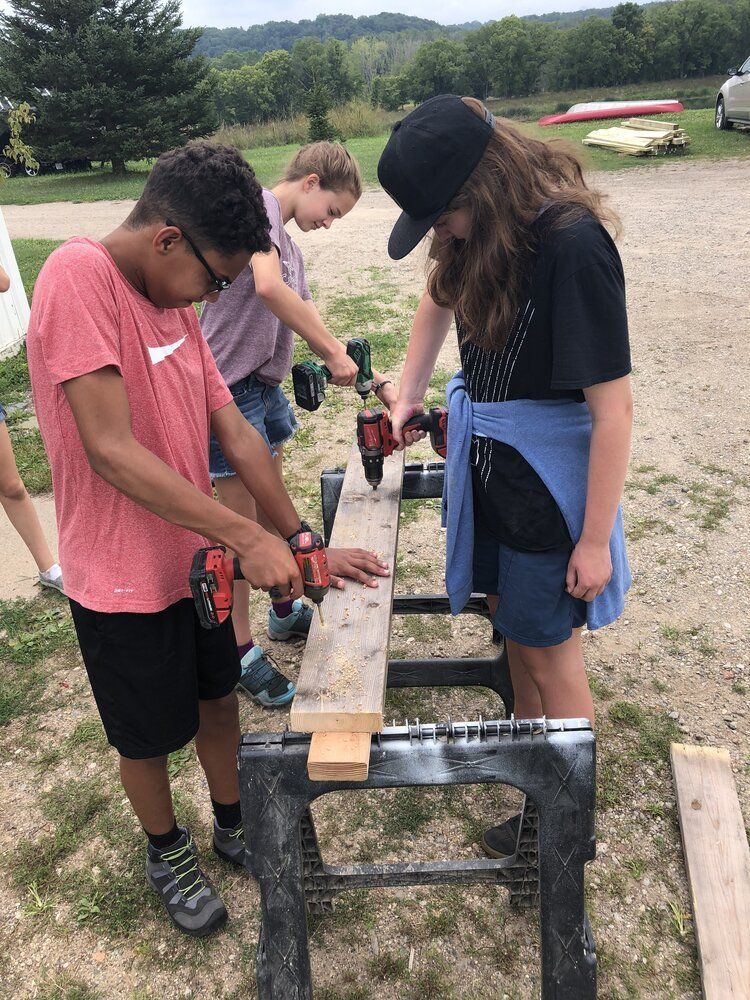
Farms Are Optimal Settings For Adolescents
In many ways, a farm is one big problem that needs to be solved--particularly for adolescents with little to no experience being farmers. And, since the farm is a living organism, the problems are constantly evolving. How much food should we give the goats if we want to breed them in Spring? What sanitation measures would we need to take in order to milk them? Is that lump on Maple’s face an infection? How early do we need to order seeds if we want to plant a garden this Spring? Do we have healthy soil or do we need to amend it to help our plants grow? What’s the history of our farm? What kind of food production occurred in this area? Speaking of food production, how has it changed throughout history? What about the ethics of food production and distribution? How does that impact our community, our country, and our world? It’s no wonder Dr. Montessori said that the farm provides adolescents with “a limitless field for scientific and historic studies” (Montessori, From Childhood to Adolescence, Pierson 65).
Of course, living in a small community together always presents practical life problems to be solved. Things are constantly breaking, so we learn how to use tools to fix what we can. We design our classroom space to meet our needs and reorganize it when our needs change. We clean our environment daily, so we need to determine an equitable distribution of chores. And, we learn how to communicate effectively when some of our roommates aren’t holding up their end of the bargain.
Academically, too, we take problems as our starting point whenever possible. We know that most of our students will move on to have more traditional high school experiences. So, we focus on developing habits that will set them up for success. For instance, we spend time each week setting personal goals for math textbook work and writing practice. Unlike schools with a “parent portal” for homework, we expect students, not parents, to keep track of their assignments and deadlines using bullet journals. Since our days are more structured than in the Montessori elementary environment, we rely on each other to manage our time during transitions so that we can begin lessons in each project area on schedule. And, we develop lessons around needs that support academic skills students will need for their projects at SSMS and beyond, like how to evaluate the credibility of online sources and how to create in-text citations in MLA format.
Skills For The Future
Throughout these experiences at SSMS middle school, adolescents are practicing collaboration, communication, and problem solving. These are the skills leading economists, educational theorists, entrepreneurs, and educators increasingly say today’s students will need in order to be prepared for the jobs of tomorrow. From manufacturing to the legal field, technology is now allowing us to do the same amount of work with fewer and fewer people. Even mid-level white collar jobs are disappearing as AI becomes more advanced and better able to complete basic human functions like interpreting and producing human language.
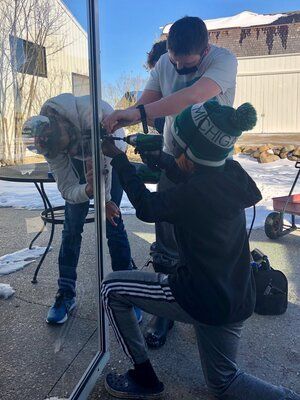
What happens when the door handle falls off in your hand? You show off your power tool skills!
Instead of focusing on distributing a body of content knowledge from a teacher to a student, education needs to prioritize allowing students to practice their “soft skills.”
In so many ways, Dr. Montessori was ahead of her time when she pronounced in 1948 that “adaptability--this is the most important quality. For the progress of the world is continually opening new careers, and at the same time closing or revolutionizing the traditional types of employment” (From Childhood to Adolescence).


